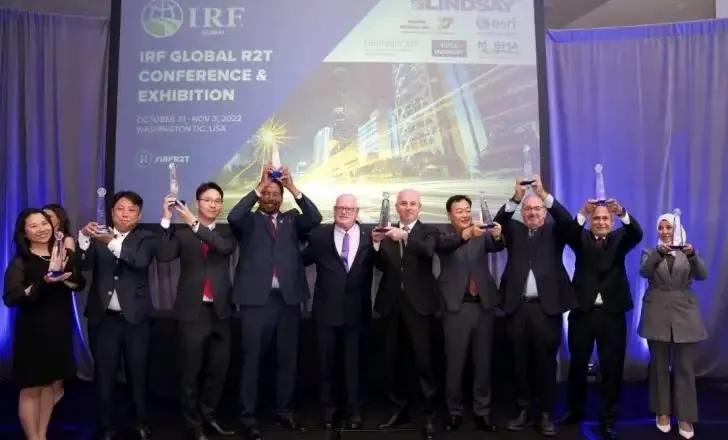The University of Southampton has won and become the first recipient of the first IAM RoadSmart Human Factors Research Award (£50, 000). The money will help fund a PhD student project for research into the training implications for drivers as vehicles become more automated.
The winning submission, ‘Training Implications for Drivers of Automated Vehicles’, was written by students Neville Stanton and Katie Plant.
They collected the award at IAM RoadSmart’s Driver Ahead conference which attracted 140 industry leaders and experts discussing the automotive future on roads in the shift towards autonomous vehicles.
The judging panel included Elizabeth Box, head of research from the
University of Southampton wins IAM RoadSmart award 2017
The University of Southampton has won and become the first recipient of the first IAM RoadSmart Human Factors Research Award (£50, 000). The money will help fund a PhD student project for research into the training implications for drivers as vehicles become more automated. The winning submission, ‘Training Implications for Drivers of Automated Vehicles’, was written by students Neville Stanton and Katie Plant.
October 5, 2017
Read time: 2 mins









